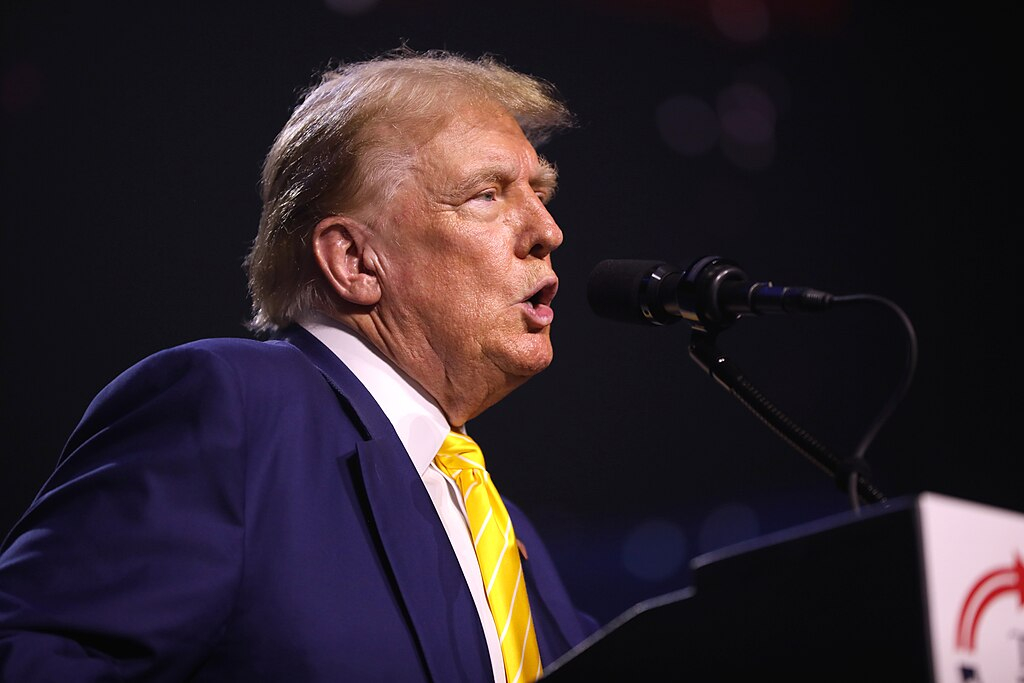For years, cryptocurrency investors have to brave the regulatory uncertainty facing the industry. Thankfully, U.S.-based crypto firms and investors can finally take a breather as regulators in 49 U.S. states finally agree to a unified set of rules governing the fintech and cryptocurrency industry.
The Conference of State Bank Supervisors (CSBS) just launched a new regulatory framework that would govern cryptocurrency and payments companies, Coindesk reported. Regulators from 49 states, Washington, D.C., and Puerto Rico agreed to a single set of supervisory rules for money services and cryptocurrency businesses.
The move would streamline compliance requirement procedures for crypto firms as it would consolidate supervisory exams. The CSBS is a national organization of bank regulators from all 50 U.S. states and its territories such as the District of Columbia, Guam, Puerto Rico, American Samoa, and the U.S. Virgin Islands, Bitcoin.com reported.
Among the U.S.’s 50 states, only Montana did not agree to the unified regulatory framework. “All states that regulate money transmitters are involved: all states except Montana. DC and Puerto Rico are also signed on,” a spokesperson from CSBS said.
The announced unified regulatory framework for crypto and fintech firms is canned the MSB Networked Supervision initiative. The new system “will apply to 78 of the nation’s largest payments and cryptocurrency companies that combined move more than $1 trillion a year in customer funds.” These will include international online payment giants PayPal and Western Union.
The aim of the new system is to ensure that firms will comply with regulations on financial condition, cybersecurity, anti-money laundering, and other areas. “Companies have to be licensed in 40+ states to be included,” the spokesperson added.
The single exam will be led by one state overseeing a group of examiners sourced from across the country,” CSBS highlighted the advantages of the new system. “By relying on experts across the state system — including in cybersecurity and anti-money laundering — regulators will gain more insight while also freeing up state resources.”
“For over a century, state regulators have responded to evolutions within the money transmission industry, and networked supervision is the logical next step to more effectively and more efficiently supervise the growing number of nationally operating companies,” Money Transmitter Regulators Association Board president Rick St. Onge said.
























Comment 1